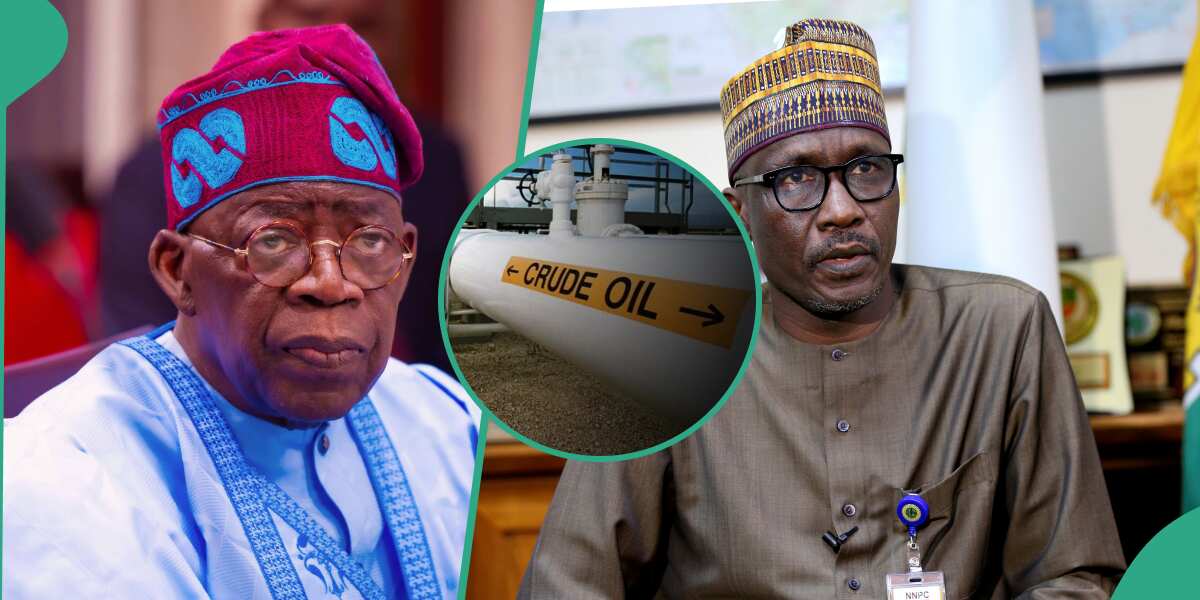Elon Musk’s biographer walked back a narrative of how Elon Musk thwarted a surprise Ukrainian operation to attack Russia’s Black Sea Fleet — but both accounts reflect the influence of one billionaire.
An excerpt from Walter Isaacson’s upcoming biography on the world’s richest man that was published in The Washington Post contained an explosive revelation on how Ukraine’s surprise submarine drone attack on a Russian fleet near the Crimean coast was singlehandedly derailed by Musk last year.
According to the excerpt, Isaacson received a frantic text from Musk on a Friday evening around September, raising concerns that a surprise Ukrainian attack could lead to a nuclear war and that Starlink, SpaceX’s satellite communication systems, would be responsible.
“‘This could be a giant disaster,’ he texted,” Isaacson wrote.
Isaacson then wrote of Musk: “Throughout the evening and into the night, he personally took charge of the situation. Allowing the use of Starlink for the attack, he concluded, could be a disaster for the world. So he secretly told his engineers to turn off coverage within 100 kilometers of the Crimean coast. As a result, when the Ukrainian drone subs got near the Russian fleet in Sevastopol, they lost connectivity and washed ashore harmlessly.”
Isaacson’s initial account of the events was widely interpreted as Musk having made a critical decision that evening to cut off vital satellite access to thwart Ukraine’s attack.
But on Saturday, Isaacson offered clarification while saying he was “mistaken.”
The author wrote on X, formerly Twitter, that, according to Musk, SpaceX had an existing policy that already barred the use of Starlink for an attack on Crimea and that Musk “simply reaffirmed the policy,” suggesting that the CEO did not cut off satellite access on the night of the planned attack.
“Based on my conversations with Musk, I mistakenly thought the policy to not allow Starlink to be used for an attack on Crimea had been first decided on the night of the Ukrainian attempted sneak attack that night. He now says that the policy had been implemented earlier, but the Ukrainians did not know it, and that night he simply reaffirmed the policy,” Isaacson said.
A spokesperson for Isaacson at Tulane University, where the author teaches history, did not respond to a request for comment sent during the weekend.
Isaacson wrote in another social media post: “To clarify on the Starlink issue: the Ukrainians THOUGHT coverage was enabled all the way to Crimea, but it was not. They asked Musk to enable it for their drone sub attack on the Russian fleet. Musk did not enable it, because he thought, probably correctly, that would cause a major war.”
There have been previous reports of Musk rejecting Ukraine’s request to enable satellite access in Crimea.
Political analyst Ian Bremmer revealed last October that Musk told him in a conversation about how Ukraine’s defense ministry asked the SpaceX CEO to activate Starlink in Crimea. Musk “refused given the potential for escalation,” Bremmer said.
The Financial Times also reported that Ukrainian troops were experiencing communication outages in Russian-controlled areas, including Donetsk, Kherson, Luhansk, and Zaporizhzhia.
Musk responded to Isaacson’s clarification on Saturday, claiming, “At no point did I or anyone at SpaceX promise coverage over Crimea. He added that the company is building a smaller, separate satellite system that will be controlled by the US government.
“The onus is meaningfully different if I refused to act upon a request from Ukraine vs. made a deliberate change to Starlink to thwart Ukraine,” Musk wrote.
But the difference may not matter to government officials and critics who have already raised concerns about a single billionaire’s outsized role in a conflict with major geopolitical consequences.
Last year, SpaceX had threatened to cut off Starlink access unless the US government began to pay for the services the company was providing to Ukraine, The New Yorker reported.
“We started to get a little panicked,” one senior defense official told the publication. Musk “could turn it off at any given moment. And that would have real operational impact for the Ukrainians.”
Colin Kahl, the former undersecretary of defense for policy at the Pentagon, acknowledged the impact Musk could have in the war.
“Even though Musk is not technically a diplomat or statesman, I felt it was important to treat him as such, given the influence he had on this issue,” he told the magazine.
The Pentagon rushed to create a contract with SpaceX out of concern that Musk could flip the switch at any given moment, according to the New Yorker report.
The contract, which was completed in June, ensured Musk “couldn’t wake up one morning and just decide, like, he didn’t want to do this anymore,” Kahl said. “It was kind of a way for us to lock in services across Ukraine. It could at least prevent Musk from turning off the switch altogether.”



Connect with us on our socials: